You need to sign in or sign up before continuing.
Take a photo of a barcode or cover
solaris_zip's reviews
198 reviews
Look, I understand Isagi is the main character. And thus, his grow will be slower than the side characters, who seem already 10 steps ahead of him. And that’s where the issue comes. He seems so far behind everyone else because despite gathering small bits and pieces after each game he is still not as good as the rest. Or, for a lack of better terms, his ability of scoring and being a “good player” comes all from a shoot of luck and a bit of extra thinking. His physical abilities are in a normal range, no where close to people like Rin, Reo, Chigiri or even Bachira.
Reading 6 chapters back to back of Isagi trying to level up, but ultimately failing to do so, not only it’s extremely repetitive but also frustrating. The story feels stuck. You either level him up or he is good as gone.
Moreover, this volume was absolutely, ass. One way to destroy Reo’s character and the development he made. In whatever way you wish to see it, Nagi and Reo’s relationship always had romantic subtones to it. Their pull and push feel like the one of a toxic couple who has no boundaries. Once again, after Reo had made his mind up, here comes Nagi stealing his spotlight and making him his dog. It’s such a shame. Because his character is pretty much reduced to A) pretty rich talented boy or B) Nagi’s shadow. That’s it. He has nothing going on for him but that. It’s always “I need to level up to show *nagi* that I am better than him” or, even worse “I’m going to work to make *nagi* the best in the world”… I BEG YOUR PARDON? WHAT?
We just got a glimpse of what his capacity is. What he can archive if he pushes himself into the full “blue lock egoist mode” and what do you do? Bring him back to square one? Stop making them depend on each other.
That aside, Chigiri, I absolutely love you. He keeps slaying while looking pretty as always. 💅🏻
Plot or Character Driven:
A mix
Strong character development:
No
Loveable characters:
Yes
Diverse cast of characters:
Complicated
Flaws of characters a main focus:
No
The art style? Absolutely immaculate. From the modern aspect, the fashion, the design and some of the talking to the characters, the manga is rather enjoyable. The characters, both primary and secondary are so cute! The story/ world building is a bit confusing as it’s not fully developed and explored. We know what fangs is, a vampire agency. But we know nothing else. From how En got turned and why, there is just this slight sense of confusion because you get to learn things as you’re reading them, which is not something I particularly mind to be honest. Overall, what sold this manga to me (besides the art) is the relationship between En and Ichii. It was built rather fast, but to the author’s credit, we were thrown into the story immediately within page one. I would have appreciated a tinge more of build up, slow burn even, but it’s not necessarily bad. There is some yearning, and the two are genuine sweet together. I hope for a better continuation in the next volumes!
Definitely very cute. Better than their first volume. The only downside is that this author sometimes tends to push the boundaries between consensual and nc in at least one intimacy scene in each manga and it’s really frustrating. It’s just unsettling and we can do it less without it. Overall though, the characters are loveable and the story has began to grow more in intensity, which is nice. We got left on a cliffhanger 😭 patiently waiting for volume 6
Plot or Character Driven:
A mix
Strong character development:
No
Loveable characters:
No
Diverse cast of characters:
Yes
Flaws of characters a main focus:
Yes
The Atlas Complex promised a continuation of the character-driven drama I’d been waiting for, but it leaves behind a trail of frustration. The language, for all its complexity, doesn’t serve the narrative—it only showcases the author’s penchant for an unnecessarily ornate vocabulary. There’s no reason for every concept to be stretched and contorted into something unrecognizable. What should be an exciting read, a proper conclusion for the last book of the series, becomes an exercise in patience, as sentences twist and turn until you lose sight of the story. The result is a book that’s more unreadable than enjoyable.
As expected, the characters remain far from lovable, and their flaws are meant to be the heart of the story. They are morally, if not villainous characters, we get it. But it’s hard to stay invested when their development seems to have stagnated—or worse, regressed. Callum and Reina, two of the least likable characters at the beginning, end up being the most entertaining for me, largely because of their banter and dynamic.
It’s ironic, given that Callum was presented as “a true villain” and yet out of everyone (yes, I’m looking at you Libby) he was the most sane, as much as sane Callum can be, in this book. Still, his potential is squished in this book, making him the comedic relief instead of a complex figure. He had nothing going on for him, reducing his character into a shell, left pining over a relationship that never truly existed.
Then there’s Nico and Gideon. I’ve always liked them, I LOVE THEM. But good heavens if I’m exhausted. It’s an endless loop of unresolved tension. Just label the relationship already and let’s move on. Nico’s declaration of devotion to Gideon is rendered hollow when, in the very next chapter, he agrees that he and Libby are soulmates, and all of the sudden they are in love? Really? Here, for me, Blake did something that in Italian we call “paraculata” which can be translated into “an opportunist”. Fans have been speculating about Libby and Nico’s relationship since dawn of time, and when book 2 came out, some people were NOT happy about that last chapter between Gideon and Nico. Here, adding this scene, showed me that she cared more at appeasing the fans than making something that truly mattered.
At its core, The Atlas Complex had the potential to be something much more than it turned out to be. The moments that could have been impactful are lost in a sea of disjointed relationships, forced plot lines, empty shells of characters that in three books have had no character development. You can still have morally ambiguous characters and give them development. Yet, this did not happened here. At the end of the day, the story ended flat, with an epilogue that was supposed to serve as a “moral compass” but instead was just a bunch of regurgitated nonsense.
I’m left wondering if there’s any real substance to the emotional complexity this series tries to convey or if the big philosophical talk is nothing more but a cover-up for the author’s inability to craft characters with any depth beyond their ability to spout empty, convoluted monologues.
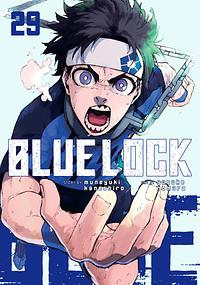
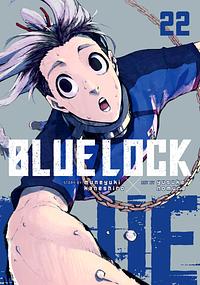
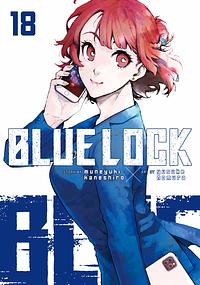
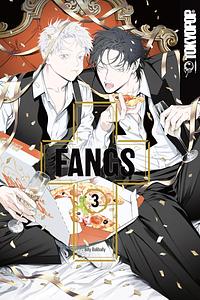
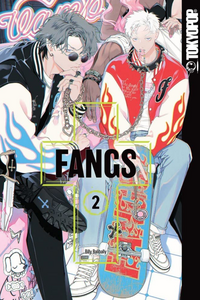
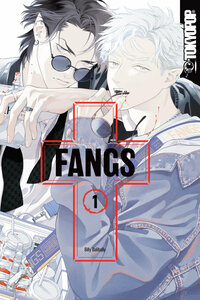

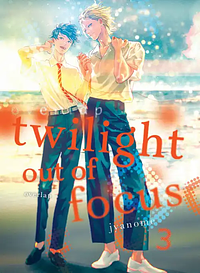
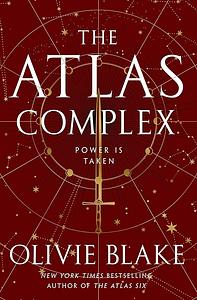
![ハイ☆スピード! [High Speed!] by Kouji Ooji, Futoshi Nishiya](https://cdn.thestorygraph.com/8mn38xefz1rry1s2kz3d5w783pep)